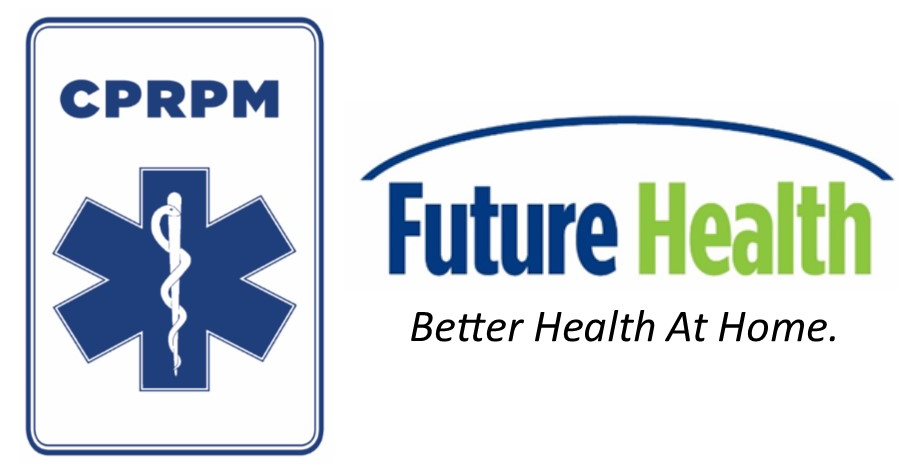Telehomecare for COPD & Heart Failure | Remote Care Management: Content
How Telehomecare works
Telehomecare complements the care provided by the patient’s primary care provider and specialized care providers. With a kit that includes a blood pressure monitor, pulse oximeter, and weight scale, patients measure their vital signs at home and answer simple daily questions via a tablet about how they are feeling. Specially trained nurses monitor the results. Weekly telephone coaching also supports patients and their caregivers to understand how factors like diet and activity affect the way they feel.
The goal is to support patients and their caregivers to take actions and steps to improve their symptoms and reduce exacerbations. Providers can receive regular reports on a schedule they prefer.
Telehomecare processes and protocols are based on Best Practice Guidelines including those of the Canadian Thoracic Society, the Canadian Cardiovascular Society, and the Registered Nurses’ Association of Ontario. Telehomecare is recognized as a Best Practices Spotlight Organization (BPSO) program through RNAO.
OTN is a Best Practice Community Partners (BPSO) Designate on behalf of the Telehomecare Program. The BPSO recognizes partners of the Registered Nurses’ Association of Ontario (RNAO) for the successful implementation of clinical best practice guidelines. Read more.
A Telehomecare Story
Otto and Ulla share their story: what daily life is like with Telehomecare for patients with heart failure.
Watch VideoObservational Study: Telehomecare
Objective: to investigate changes in blood pressure among patients enrolled in the program.
Read StudyHow to refer your patients
Refer your patient by completing, then faxing the region-specific forms below. Patients can also refer themselves to the program.
Telehomecare is appropriate for:
- Patients with a diagnosis of mild to moderate COPD and/or congestive heart failure
- Patients/caregivers interested in learning more about their condition
- Patients/caregivers willing to use simple technology to capture their vitals and answer health questions on a tablet
- Patients/caregivers committed to working on making behaviour changes to positively influence their condition
Nurses may need your assistance in setting up a care plan to help them monitor the patient’s symptoms and prevent unnecessary trips to the hospital. (e.g. your assistance to set the parameters for a patient-centred blood pressure monitoring plan).
Telehomecare is available in nine of 14 Home And Community Care Support Services.
Any Ontario physician can refer a patient to the program at the following Telehomecare sites.
The impact of Telehomecare
Telehomecare complements the care patients receive from providers. Primary care providers, specialists such as cardiologists and respirologists, and allied team members can refer patients that they feel need support to learn about their condition and how to manage it. Telehomecare maintains the momentum of positive behaviour change in between office visits.
An evaluation of patients enrolled by the William Osler Health System (Central West Telehomecare Program) showed that Telehomecare demonstrated a 70 per cent reduction in ER visits and a 76 per cent reduction in hospital admissions compared to pre-Telehomecare, at “graduation” and six months later.
Telehomecare is co-funded by the Ministry of Health and Long-Term Care and Canada Health Infoway. Home And Community Care Support Services (HCCSS) lead the program in each of their regions. The HCCSSs each select host organizations to deliver the nursing services and provide the patient equipment. Host organizations may be hospitals, Home and Community Cares or other Health care Teams.
Other digital self-care programs in Ontario
There are other digital self-care programs available in Ontario. Learn more by clicking on the links below.



